Berber Tribe of Morocco MoroccoAfrican_peopleBerber_peopleDemographics_of_MoroccoHeadgear

205 best images about berber people of morocco on Pinterest
Berbers are not an entirely homogeneous ethnicity, and they include a range of societies, ancestries, and lifestyles. The unifying forces for the Berber people may be their shared language or a collective identification with Berber heritage and history. As a legacy of the spread of Islam, the Berbers are now mostly Sunni Muslim.
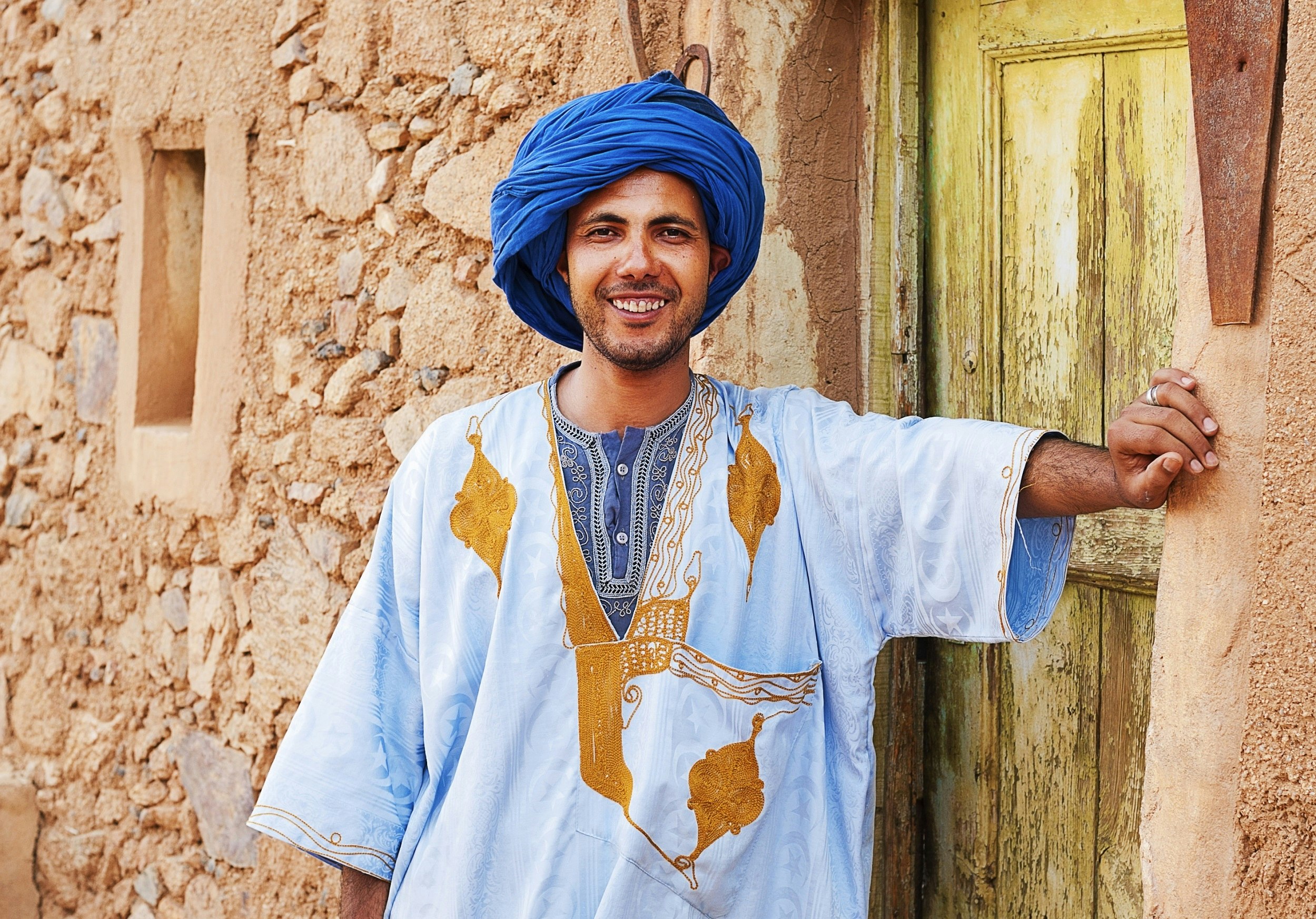
Enriching encounters with the Berbers of Morocco Lonely
Berbers are usually inhabitants of Morocco; their population is around 40 million people in Africa. Initially, they were Christians, Jews, and Animists; they believed that plants and other living things also have souls just like human beings. However, due to the Arab conquest, the Berbers had become Islamized, and in part, also Arabized.

Morocco Berber Traditional outfits
The Berbers proudly call themselves the Amazigh, the "free people.". The name "Berber" derives from "Barbary," that is, from the Greek barbaria. Though "Berber" is commonly used throughout Morocco, both by those who identify as Amazigh, and other Moroccans, it's probably not the nicest or most accurate name.
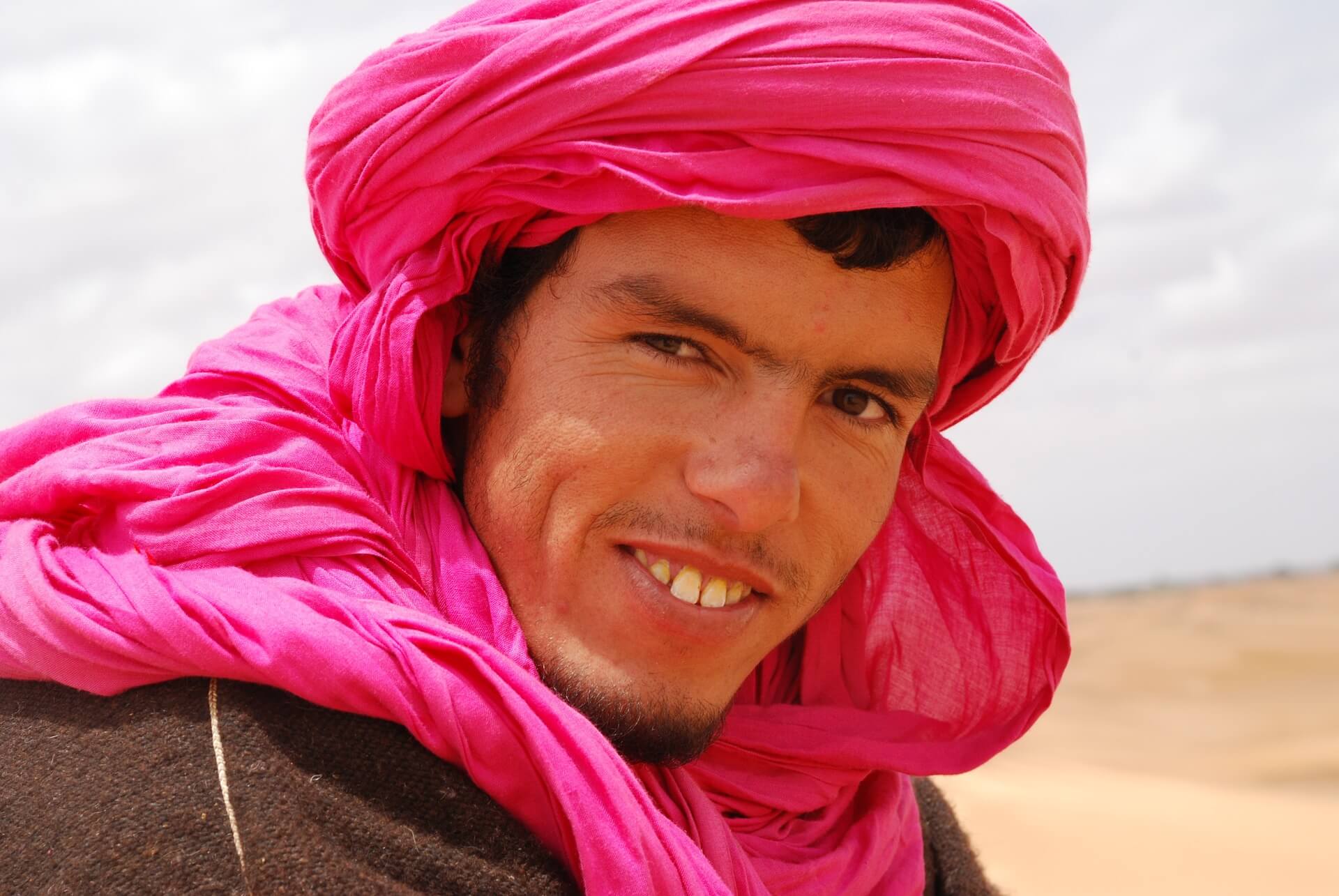
The Amazigh/Berber, Morocco's Impressive People SAHARA DESERT TOUR
Riesenauswahl an Marken. Gratis Versand und eBay-Käuferschutz für Millionen von Artikeln. Kauf bei eBay mit kostenlosem Versand und eBay-Käuferschutz für Millionen von Artikeln.
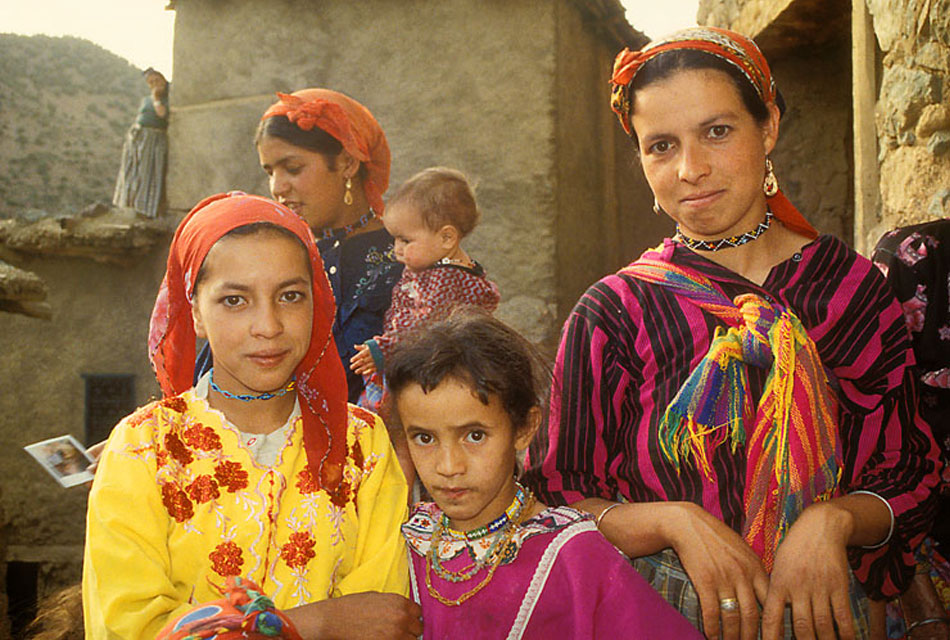
Moroccan people Culture, Music And Traditions Friendly Morocco.
Morocco - a land of diverse landscapes and vibrant cultures, from the Atlas Mountains to the Sahara Desert - boasts a rich tapestry of history and heritage. At the heart of this cultural mosaic lies the Berbers, or Amazigh people, the oldest inhabitants of North Africa.

Moroccan Berber Amazigh Woman Moroccan bride, Beauty around the world, Moroccan women
The actual name of Berbers is Amazigh. The official name of Berber tribes in Morocco is actually Amazigh, a word which means "free people.". The name Berber derives from the word "Barbarian" and in general the Amazigh don't like to be referred to as Berbers. In reality, the word Barbarian derives from the Greek "barbaroi" or the.
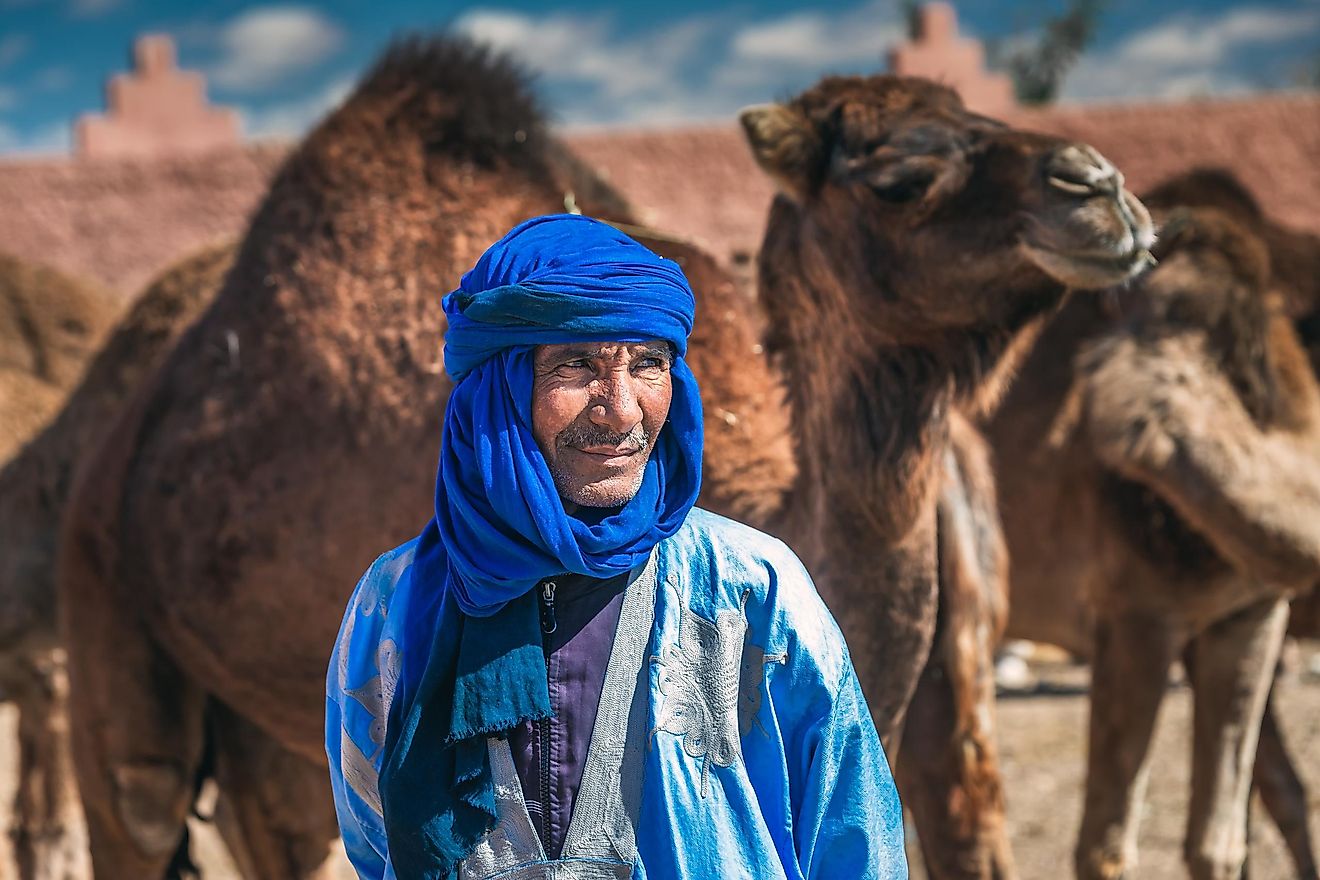
Who Are the Berber People? WorldAtlas
Kostenlose und einfache Rücksendungen für Millionen von Artikeln. Niedrige Preise, Riesenauswahl. Sicher bezahlen mit Kauf auf Rechnung.

Morocco’s Free People Meet the Berbers and their crafts
With a unique language and culture, the Berbers stand out as one of last bastions of tradition in an ever-modernizing world. Most figures put the Berber population of Morocco at around 40 percent of the nation's 32 million people, though almost 80 percent of the country claims at least some Berber heritage. Smaller Berber populations can also.

FileNomadic Berber in Morocco.jpg Wikimedia Commons
The Arabization of the Berber people is described as follows: First, the Arab invasion in the seventh century. Then, in the 11th century, the Bedouins arrived. Moroccan dynasties contributed to the Arabization of the Maghreb in the 12th century, as evidenced by the establishment of Arabic language capitals in Marrakech, Fes, and Tlemcen.
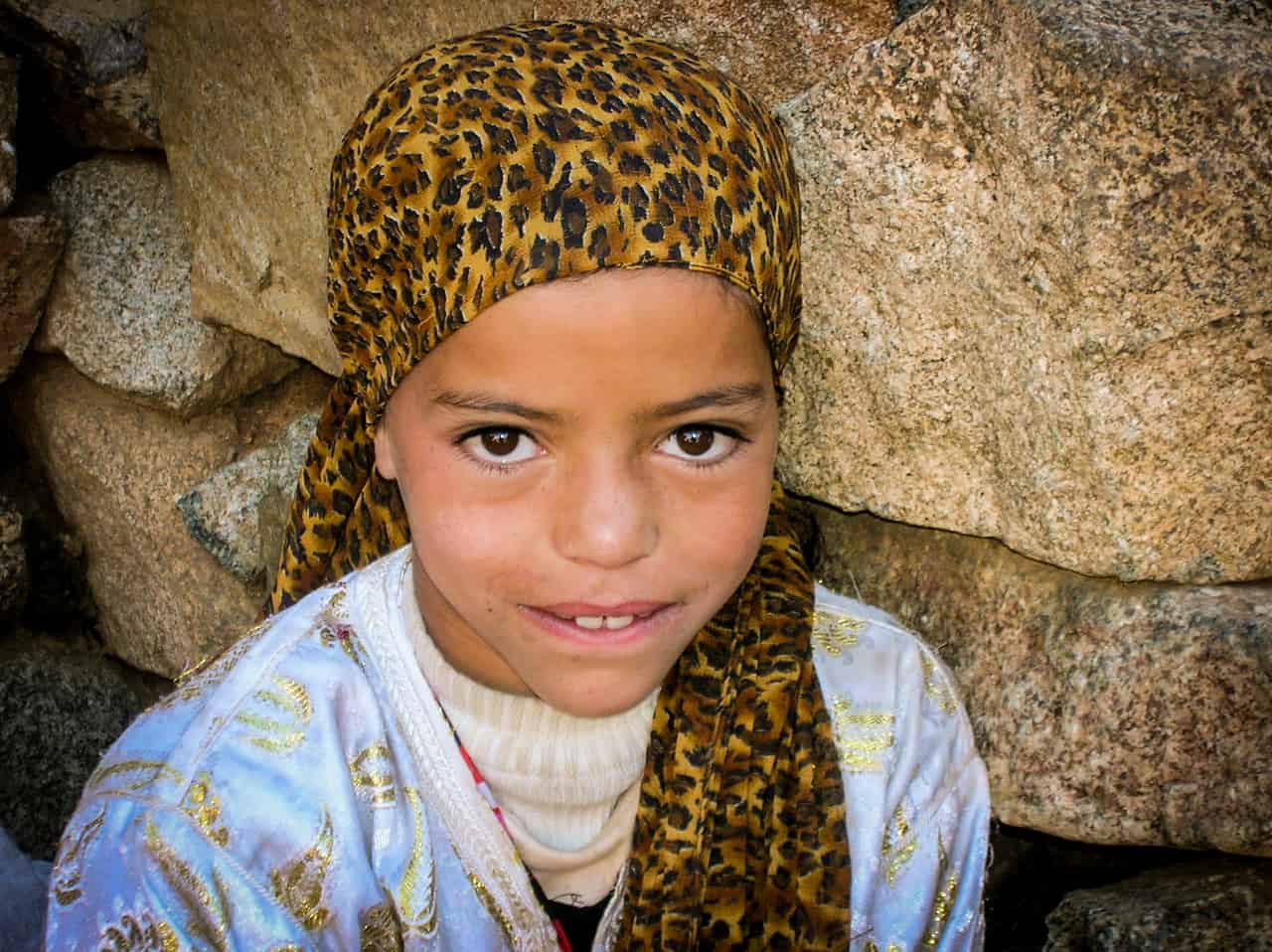
Berber of Morocco 30 Days of Prayer for the Muslim World
The majority of the Berber people live in Morocco accounting for at least 35% of the population and in Algeria where they form at least 15% of the population. A sizable number of Berbers are also found in Libya and Tunisia. The majority of the North African Arabs also have Berber ancestry. Outside of North Africa, there are about 2.5 million.

Berber women, Morocco. Cultuur, Etnische juwelen, Vrouw
Demographics. The Berbers live mainly in Morocco (between 35 percent-60 percent of the population) and in Algeria (about 15 to 33 percent of the population), as well as Libya and Tunisia, though exact statistics are unavailable.Most North Africans who consider themselves Arab also have significant Berber ancestry. Prominent Berber groups include the Kabyles of northern Algeria, who number.
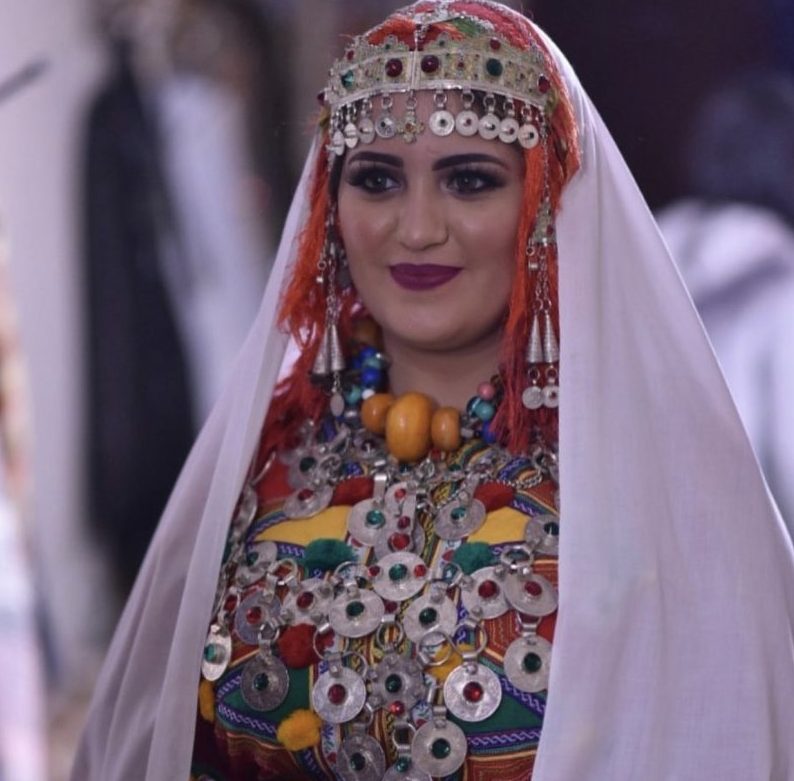
Berber Culture and Etiquette Morocco Travel
The Berber languages are mainly spoken in Morocco, Algeria, Mauritania, Tunisia, and Libya. The primary Berber language is known as Berber to Europeans and as Shilha to Arabs. The Berbers themselves call the primary language Amazigh or Tamazight. The language forms a branch of the Afro-Asiatic linguistic family.

Berber girl, 2020 Kadın, Tarz elbiseler, Ünlüler
Introduction to the Berber Tribe: Morocco's Largest Indigenous Group. Before you spend time in Morocco you may want to learn a little more about the largest indigenous tribe of Morocco, the Berber Tribe. The Berbers are native to North Africa. It is estimated that there are between 30 and 40 million Berber-speaking people in Africa.

Berber Tribe of Morocco MoroccoAfrican_peopleBerber_peopleDemographics_of_MoroccoHeadgear
Additionally, Berber people are becoming increasingly pressured to abandon their nomadic lives and small-town living in favour of life in the modern world. "People move to the city, they get cell phones and they forget their way of life," Younes elaborates. I begin to wonder, does this transition come at the cost of culture?

Berber women from the Middle Atlas Mountains ©Angela Fisher Maroc Désert Expérience http
3. The Berbers in Morocco through History. 3a. The Origins of the Berbers in Morocco: Libyans, Phoenicians, Punics. The Libyan Period: The earliest Berber presence in Morocco can be traced back to the Libyans, an ancient North African people. They established settlements along the Mediterranean coast and influenced Berber culture.

Berber Villages Escape Marrakech Morocco Tourism
The Berber people who live throughout North Africa are linked by their art, culture, and language. Although there are significant populations of Berbers in Albania, Tunisia, Libya, Mali, and Niger, more than 80% of the Moroccan population identifies as Berber. Berbers often use the indigenous term Amazigh or "free people" to refer to.